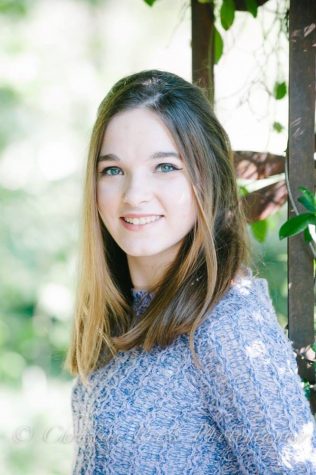As a part of Hunger and Homelessness Awareness Week, Appalachian & the Community Together and Hospitality House partnered to speak about hunger and homelessness in the Boone community.
Kira Brisotti, junior building science major and member of the hunger and homelessness awareness committee, said the idea of Hunger and Homelessness Awareness Week is to break the campus bubble and to reach out to students.
“Yes, we live on campus, but App State is a part of Boone, which is a big community and so is Watauga County, which surrounds us,” Brisotti said. “Poverty is a huge issue here, and we wanted to make students on campus aware of that and let them see that there are things happening around them.”
Emma Aldridge, sophomore nursing major and member of the HHA committee said many students could be exposed to poverty every day and not realize it.
“We really wanted to have students engage and understand that these people have stories,” Aldridge said. “These people have lives. We want to break that bubble and intersect these two communities.”
Mary Wade, former resident of Hospitality House, said she became homeless due to a falling out with her parents after the passing of her grandmother.
“I came to the Hospitality House with just the clothes on my back. At first, my parents wouldn’t give me what I had at their house, so the Hospitality House gave me vouchers that would help me get clothes,” Wade said. “They helped me get situated and worked with me to make sure that I was ready to talk to my parents.”
Vickie Johnson, a former resident of Hospitality House, said her experience with homelessness is different because of her disability. While at Hospitality House, Johnson has participated in Rise, one of the programs available to clients.
“You learn what poverty really is, it’s not just being homeless or a lack of money,” Johnson said. “There are many ways poverty can affect you. With Rise, you learn how to connect what you don’t have to what you can get, whether it be with one place or another.”
Todd Carter, the director of development for Hospitality House, said at Hospitality House there is no judgement, only compassion.
“We believe in wrapping our arms around people,” Carter said. “That’s just the environment that we foster, we lead with our heart. Respect, integrity, compassion and dignity not only lead us, but they keep us honest and they keep us focused on our mission.”
On Nov. 1, Hospitality House opened its doors as a winter shelter. Carter said last year’s occupancy in the winter shelter increased by 200 percent.
Carter said Hospitality House is not a homeless shelter, it is a housing program. It operates six different housing programs, but offers other services to “fill in the blanks” like gardening, acupuncture, a community kitchen and a food pantry.
“We’re also committed to being innovative in our community,” Carter said. “We want to just do every single thing we can to be that much better.”
Carter said Hospitality House is also a family-first facility because there aren’t many other places in the state that have services for families.
“We had a family, the mother was in a dangerous situation, she was fleeing domestic violence and we had her stay living in her car so she could be mobile,” Carter said. “We as a society think, ‘Oh just build a shelter,’ but fitting someone into a model like that does not work. Why do we put that burden on people that are homeless? It’s unrealistic and unfair.”
Johnson said someone who is homeless shouldn’t be judged until someone tries to get to know them.
“Just because they look a little different doesn’t mean that they are that different,” Johnson said.
Story by Anna Muckenfuss


